Are you looking for a way to formally confirm your legal representation? Drafting a letter can seem daunting, but it's essential for laying out clear communication between you and your attorney. This letter not only solidifies your agreement but also serves as a vital reference for future correspondence. Keep reading to discover an easy-to-use template that can streamline this important process!

Client details
Legal representation confirmation involves formal acknowledgment of an agreement between a client and their legal counsel. The primary elements include client details such as full name, contact information, and address. Additionally, the representation's scope must be clearly outlined, indicating the legal matters involved, such as family law, criminal defense, or civil litigation. Relevant dates like the start of representation and any critical deadlines should also be specified. Important terms regarding fees, payment plans, and confidentiality obligations are essential for clarity, ensuring mutual understanding of expectations. The document should conclude with signatures from both parties, establishing a binding agreement under relevant jurisdiction laws.
Scope of representation
Legal representation confirmation outlines the specific parameters of the attorney-client relationship. The document specifies key elements including the legal issues at hand, relevant statutes or regulations, and the anticipated duration of the representation. It may include details on the geographic jurisdiction, such as federal or state courts, in which the case will be addressed. Additionally, it addresses the financial aspects, laying out fee structures, billing practices, and any retainer agreements. Understanding these components is crucial for both clients and attorneys to set clear expectations and ensure compliance with legal standards.
Attorney's obligations
Assuming legal representation involves several critical obligations that attorneys must uphold. Confidentiality is paramount, safeguarding client information from unauthorized disclosure. Attorneys are required to provide competent representation, ensuring adherence to relevant laws, regulations, and ethical standards. Communication plays a vital role; attorneys must keep clients informed about the progress of their cases, including any important developments. Additionally, the obligation of diligence emphasizes the necessity for attorneys to act promptly in pursuing their client's interests. Conflicts of interest must be avoided, ensuring that the attorney's loyalty remains solely with their client. Overall, these obligations create a framework for a trustworthy attorney-client relationship, promoting justice and fair legal process.
Fee structure and payment terms
The fee structure for legal representation typically includes hourly rates, flat fees, or contingency fees, depending on the type of legal services required. Hourly rates can vary widely, with average costs ranging from $150 to $600 per hour for attorneys, depending on their experience and the complexity of the case. Flat fees may be more common in straightforward legal matters, such as drafting wills or handling simple divorces, generally falling between $500 to $3000. Contingency fees, applicable in personal injury or wrongful termination cases, generally range from 25% to 40% of any awarded damages, providing access to legal services without upfront costs. Payment terms may require an initial retainer fee, with clients expected to replenish this retainer as services are rendered, while invoices may be issued monthly detailing hours worked and associated costs. Transparency in billing practices, combined with a clear understanding of the financial obligations involved, is crucial for maintaining a positive attorney-client relationship throughout the legal process.
Client's responsibilities
When engaging a legal representative, understanding client's responsibilities is critical. Clients must provide accurate information, including essential documents such as contracts, invoices, or agreements related to the case. Timeliness in communication is crucial, as delays can impede legal processes, especially in jurisdictions with strict timelines. Cooperation with legal teams for information requests or court appearances is essential to ensure comprehensive representation. Payment of legal fees according to established schedules, including retainers or hourly rates, supports ongoing legal work. Additionally, clients must adhere to confidentiality agreements to protect sensitive information pertaining to the case from being disclosed.

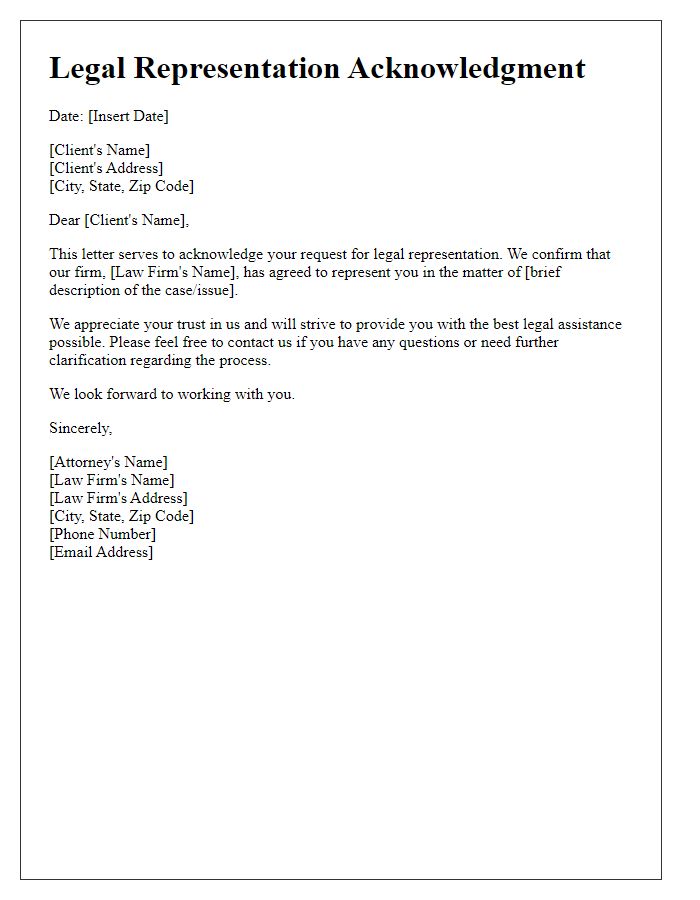
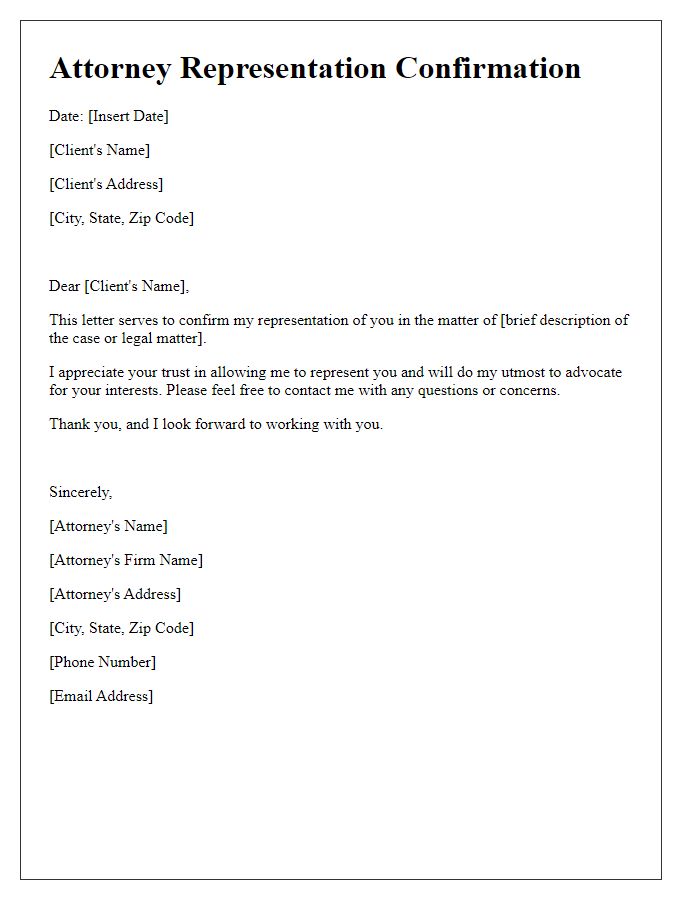
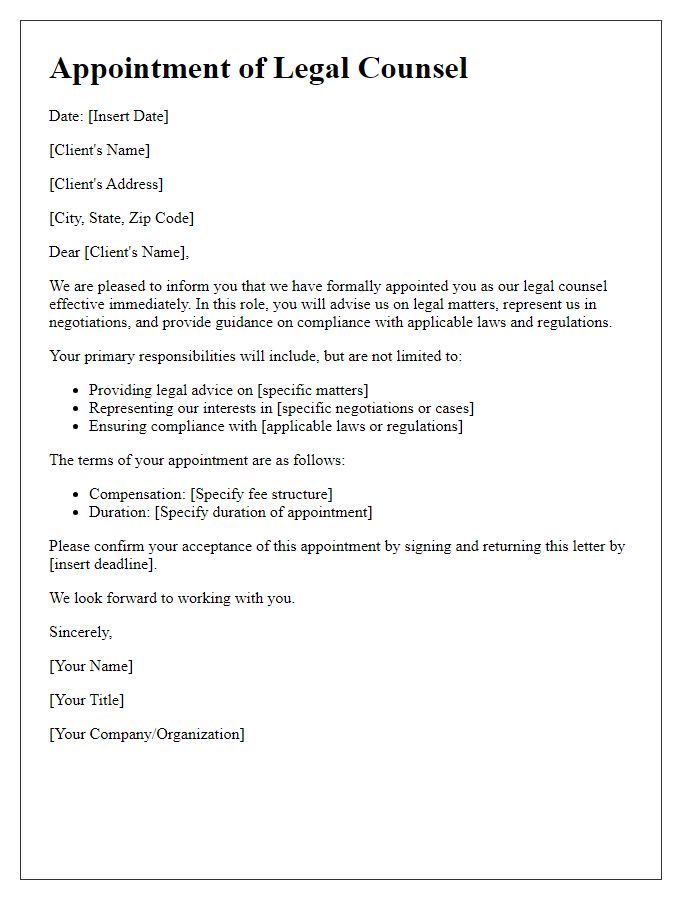
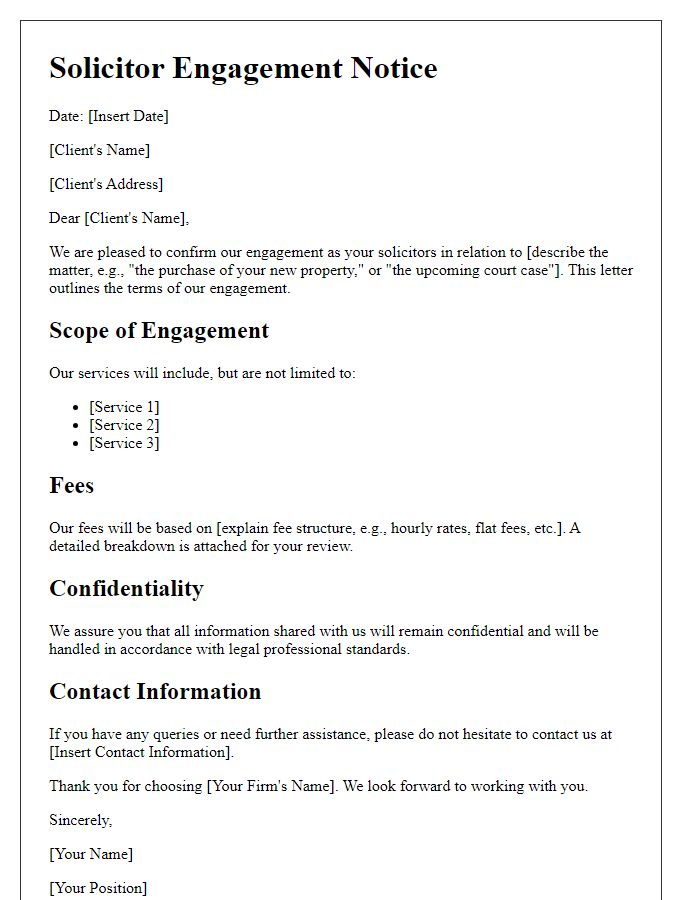
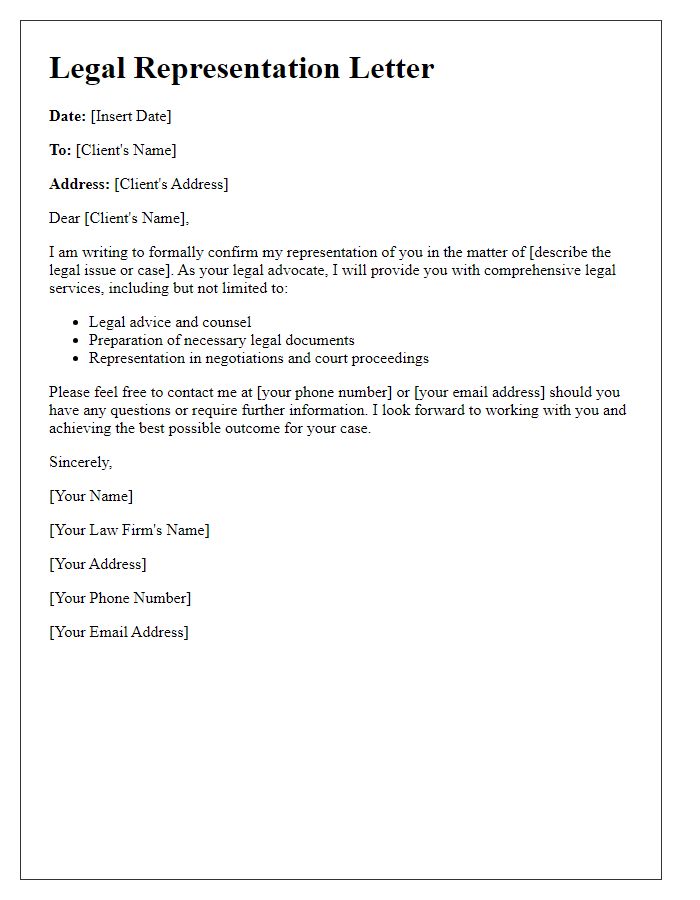
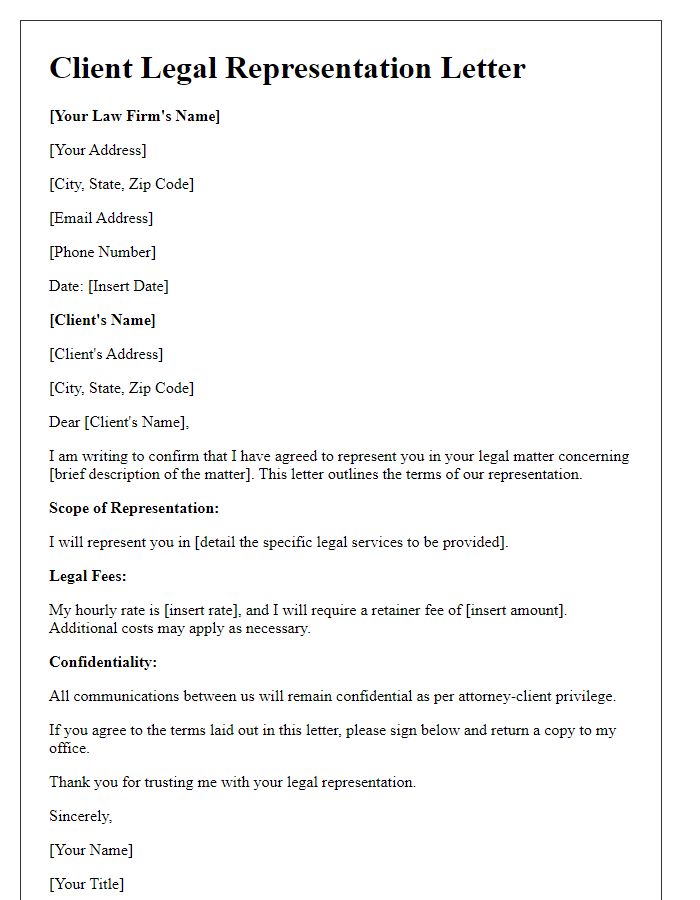
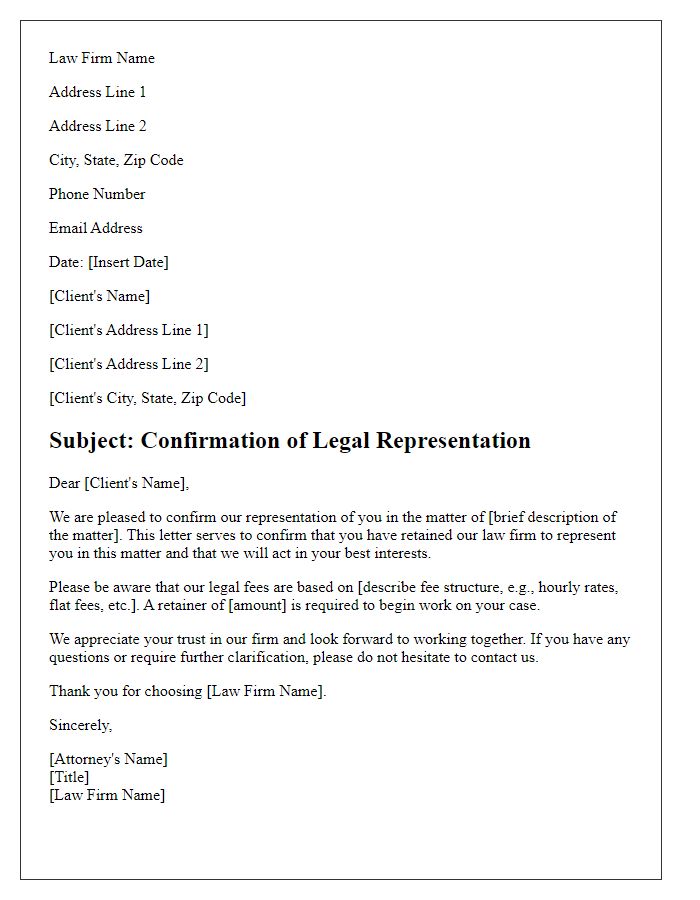
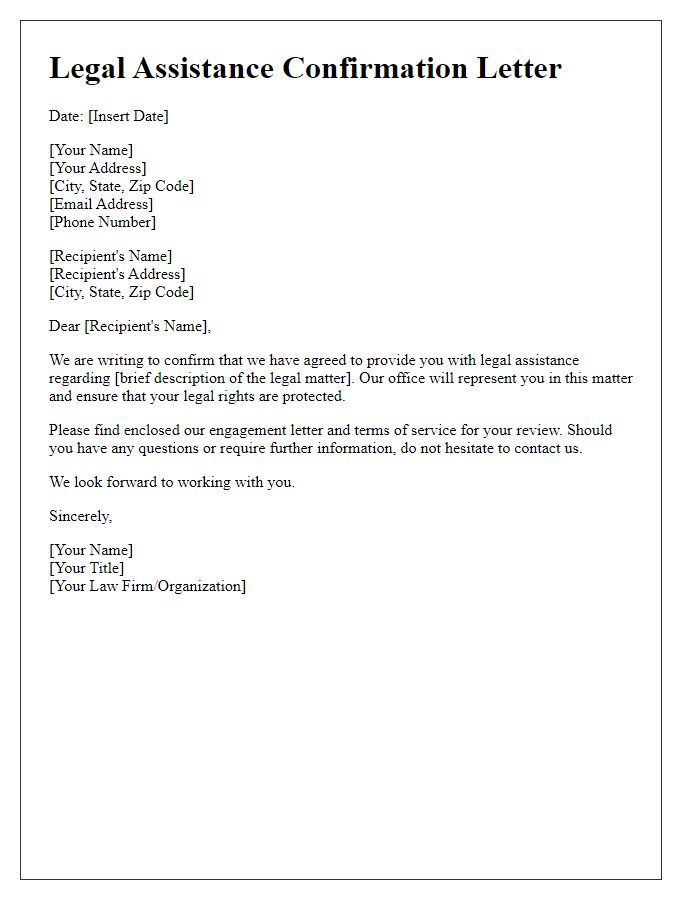
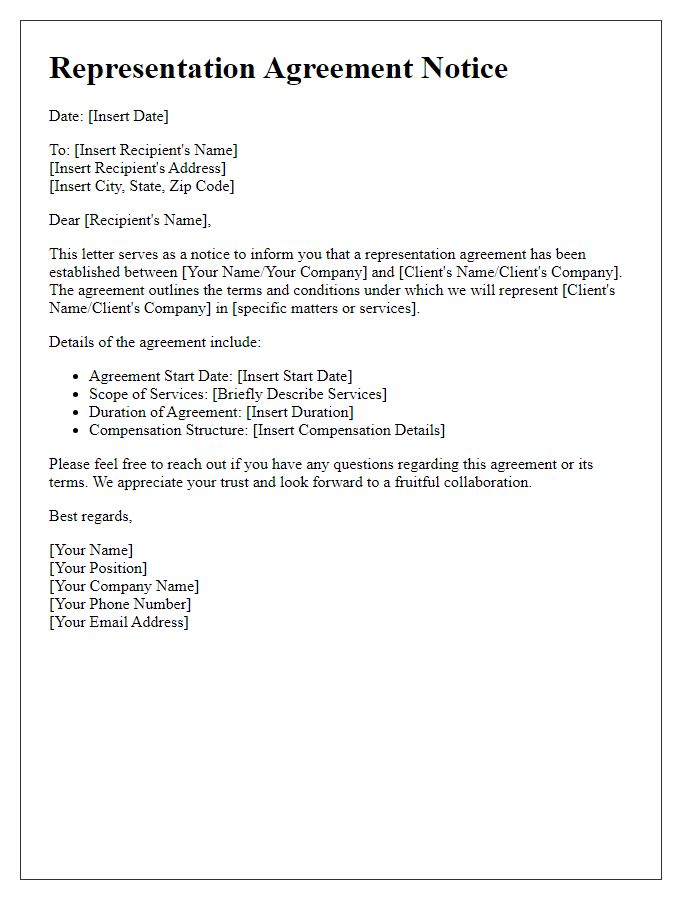
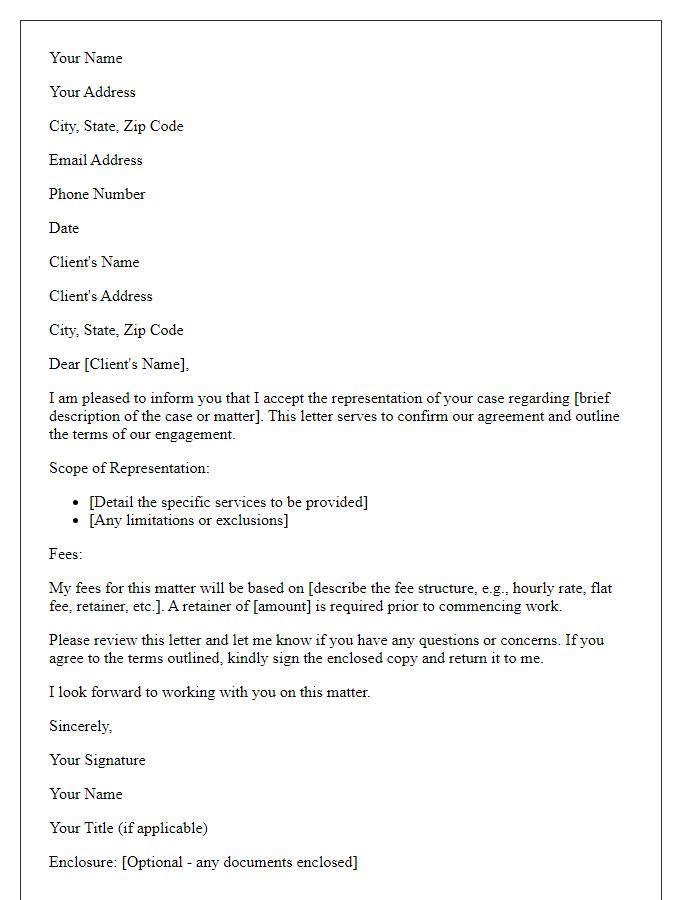


Comments